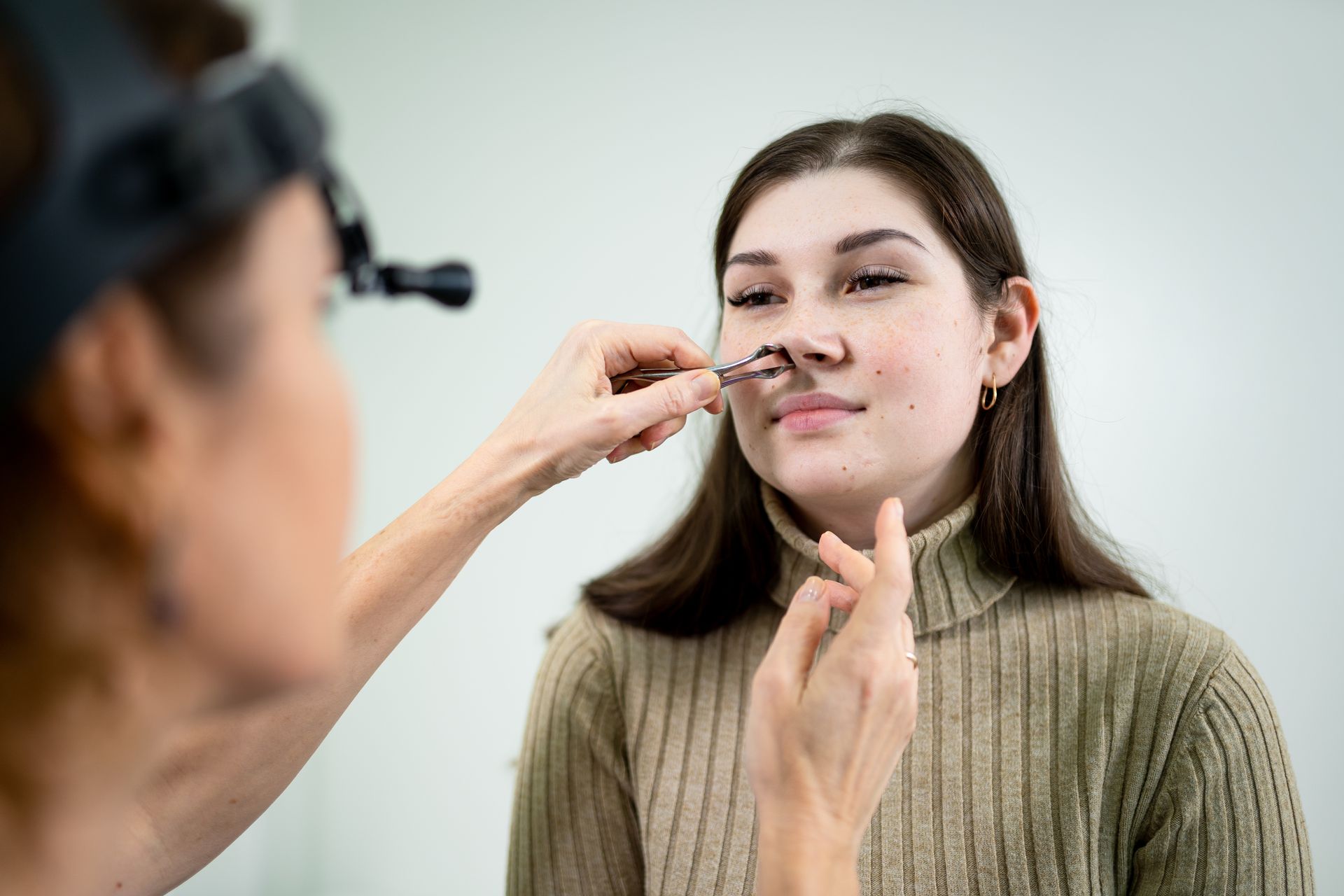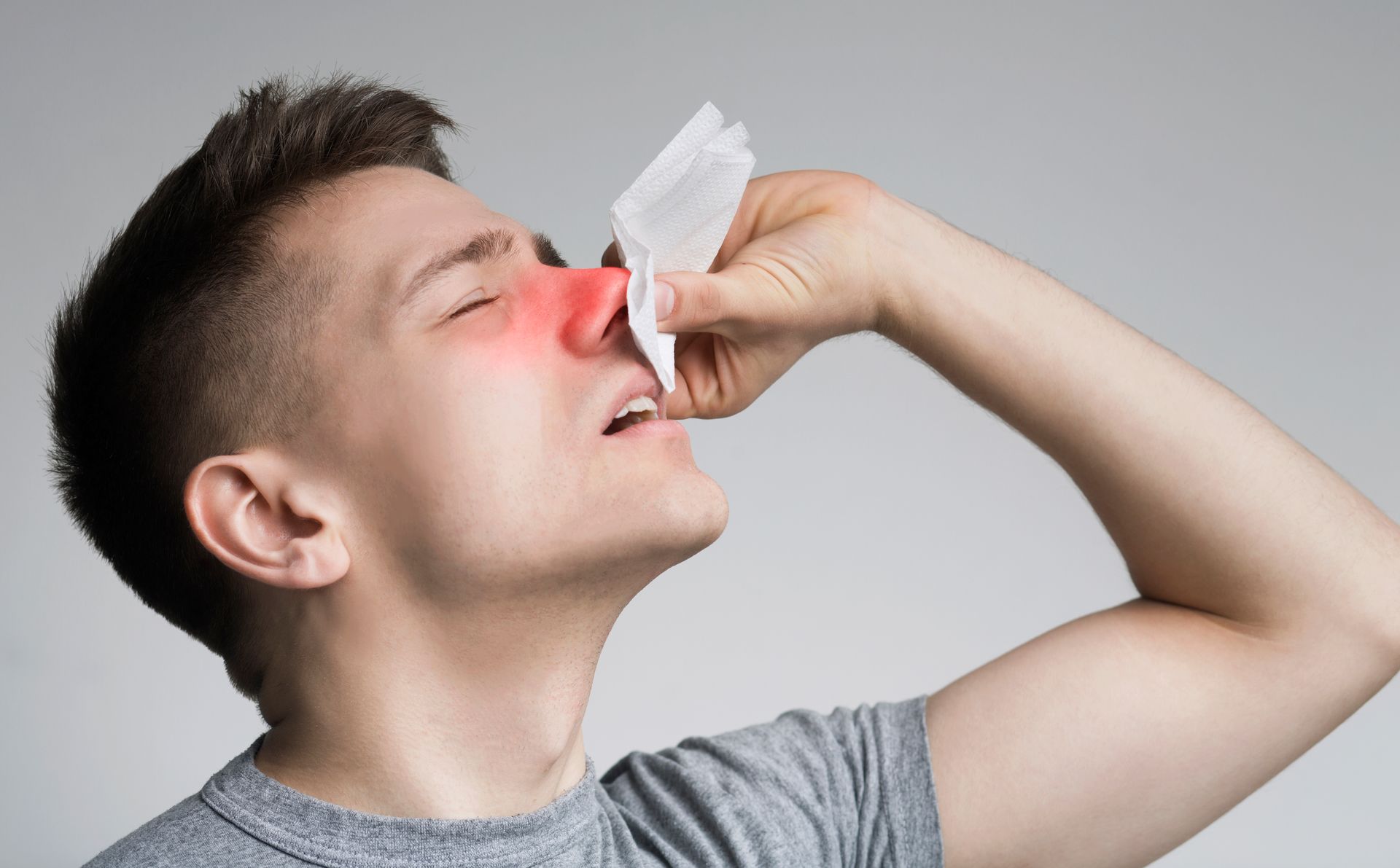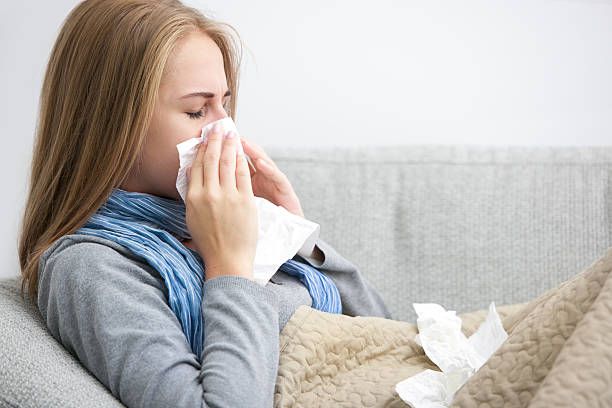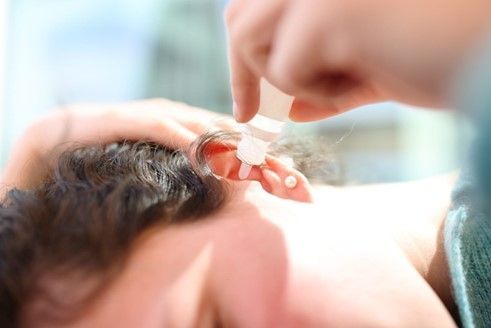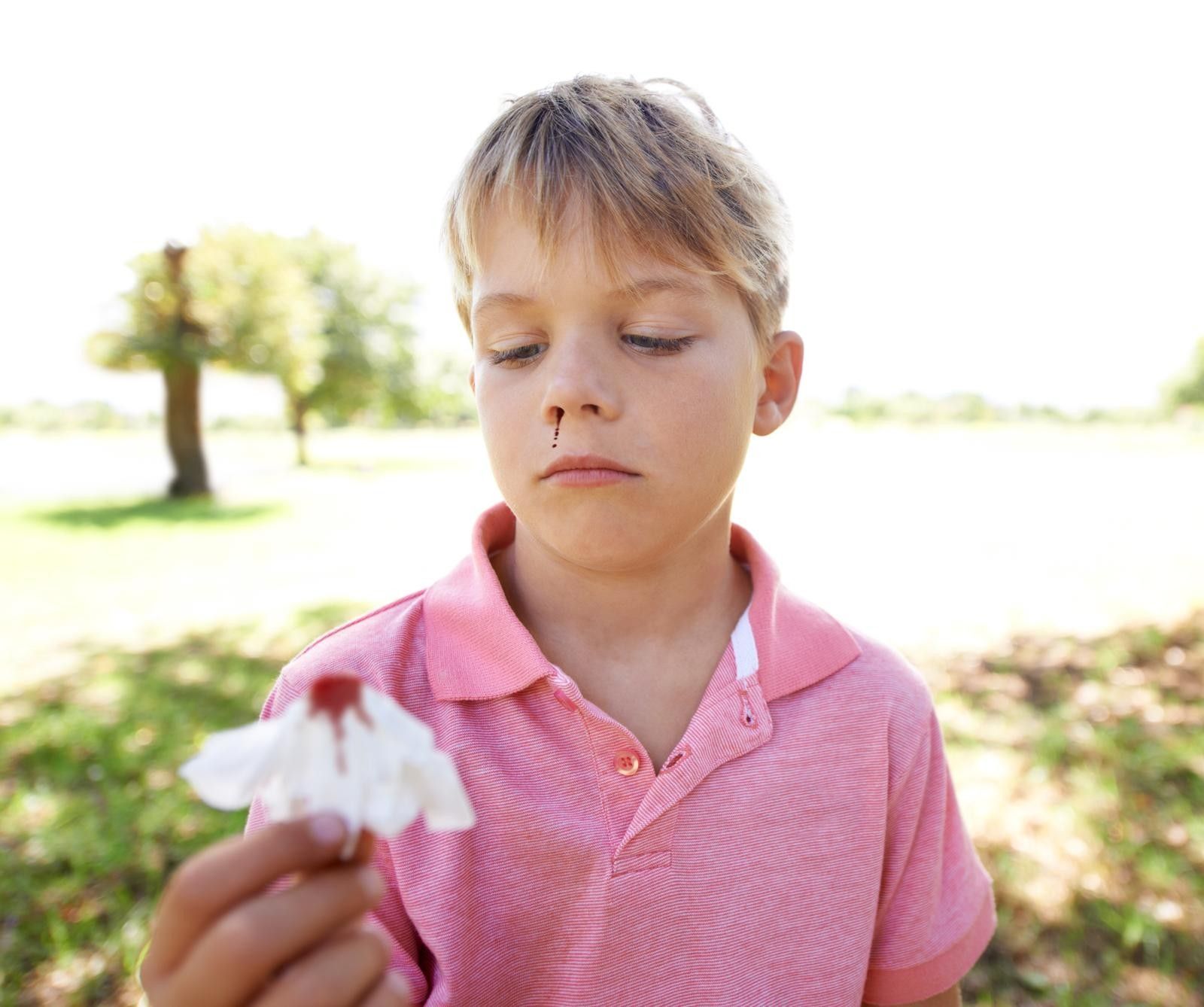Horse Allergies
Horse lovers beware because for some people these majestic animals can be a source of discomfort or even danger. Being allergic to horses can make it difficult to enjoy equestrian activities, and for some, it can even lead to severe symptoms such as difficulty breathing or anaphylaxis. In this blog post, we will explore what causes horse allergies, the symptoms to look out for, and what you can do to manage this condition, so you can continue enjoying your love for horses without fear. So, saddle up and let's dive in!
Exposure to horses can trigger allergies, with dander and saliva being the primary culprits.
For those with
allergies, horses can be a major trigger. The primary culprits behind horse allergies are dander and saliva, which can easily be inhaled or come into contact with the skin. Even being in close proximity to a horse can trigger allergic reactions as the dander can travel for hundreds of yards. It's important to note that allergies to horses are actually caused by the dander rather than the horsehair, which is a common misconception. Symptoms of horse allergies can include itchy, watery, red eyes, nasal congestion, sneezing, coughing, and hives. While horse allergies are more common than people realize, treatment is available and can include medical management similar to other allergies.
Horse allergies manifest in various forms, including allergic rhinitis, conjunctivitis, asthma, anaphylaxis, and food allergy.
It's important to be aware that exposure to horses can lead to a range of different allergic reactions. Some people may experience allergic rhinitis or conjunctivitis, with symptoms like itchy and watery eyes or a runny nose. Others may develop asthma or anaphylaxis, which can be much more serious and even life-threatening. Additionally, some individuals may experience a food allergy caused by proteins found in horse meat or horse milk. It's crucial to understand the various ways in which horse allergies can manifest so that appropriate management can be implemented. Despite its prevalence, horse allergies often go undiagnosed or are mistaken for other types of allergies, so awareness and proper education are key.
Horse allergies are more common than people realize.
Many people may not realize just how common horse allergies are. According to various studies, anywhere from
10-20% of horse handlers and riders have experienced allergic reactions to horses. These allergies can manifest in a variety of ways, including asthma, itchy eyes, and hives. It's important to understand that allergies to horses are caused by dander and saliva rather than just horsehair, and that they can vary in severity. For those with asthma, being around horses can potentially trigger a life-threatening reaction, making it crucial to take proper precautions. Despite their prevalence, horse allergies can often be managed with medical treatment and lifestyle changes, such as avoiding direct contact with the animals or taking antihistamines. It's important to be aware of the risks associated with horse allergies and take appropriate steps to stay safe and healthy.
Treatment of horse allergies is based on symptom severity and may include medical management similar to other allergies.
When it comes to treating horse allergies, the severity of the symptoms plays a crucial role in determining what kind of treatment is necessary. Just like with any other allergies, medical management for horse allergies may include antihistamines, immunotherapy, and rescue treatment involving injectable epinephrine for severe reactions, such as anaphylactic shock. It's worth mentioning that horse allergies may be successfully treated with
allergen-specific immunotherapy. It's important to note that treating horse allergies is very similar to treating other allergies, such as cat or dog allergies, and that the medical management is based on symptom severity. It's always a good idea to talk to a doctor if you're experiencing symptoms of a horse allergy. In addition to medical treatments, it's also essential to avoid exposure to horses as much as possible to minimize the risk of an allergic reaction.
Contrary to popular belief, allergies to horses are caused by dander rather than horsehair.
As mentioned in previous sections, horse allergies are more common than many people realize. Contrary to popular belief, allergies to horses are not caused by the horsehair itself. The primary culprits are actually dander and saliva. It is important to note that allergen extracts from horse dander and hair are significant sources of mammalian allergens. Therefore, those with allergies to horses should take caution when exposed to these allergens, which can result in symptoms such as nasal congestion, sneezing, itching, coughing, and even hives. Additionally, asthma patients should be particularly cautious around horses given the potential for severe reactions. Medical management for horse allergies may include treatment such as allergy shots, similar to other allergies. It is important to remember that while horses can make wonderful companions and sports partners, for those with allergies, exposure to these allergens should be limited.
Conclusion
In conclusion, horse allergies are more common than people realize and can manifest in various forms such as allergic rhinitis, conjunctivitis, asthma, anaphylaxis, and food allergies. Itchy, watery, and red eyes are common symptoms of horse allergies, and unexpected exposure to uncommon allergens should be sought as a cause of unexplained anaphylaxis. Though there are no firm data providing evidence that allergen immunotherapy with horse extract is clinically effective, treatment of horse allergies is based on symptom severity and may include medical management similar to other allergies. In addition, contrary to popular belief, allergies to horses are caused by dander rather than horsehair. Therefore, individuals who are allergic to horses should take necessary precautions to avoid exposure to horse dander and saliva, and asthma patients should be particularly cautious around horses given the potential for severe reactions.
Oh, and have a happy Kentucky Derby!
